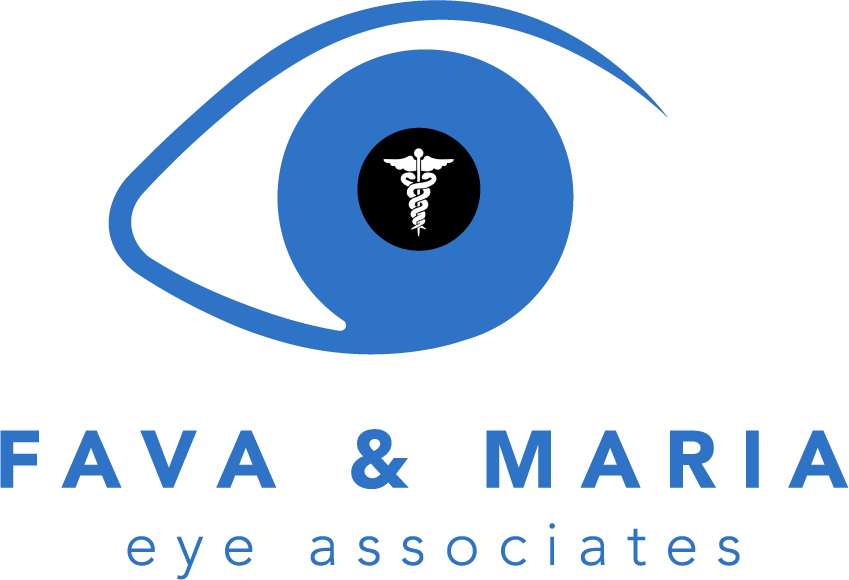 Blepharospasm is a neurological condition characterized by forcible closure of the eyelids. “Blepharo” means eyelid; “spasm” means uncontrolled muscle contraction. The term blepharospasm [blef-a-ro-spaz-m] can be applied to any abnormal blinking or eyelid tic or twitch resulting from any cause. The blepharospasm most often encountered is officially called benign essential blepharospasm (BEB) to distinguish it from the less serious secondary blinking disorders. “Benign” indicates the condition is not life threatening and “essential” is a medical term meaning “of unknown cause.” Patients with blepharospasm have normal eyes. The visual disturbance is due solely to the forced closure of the eyelids.
Blepharospasm is a neurological condition characterized by forcible closure of the eyelids. “Blepharo” means eyelid; “spasm” means uncontrolled muscle contraction. The term blepharospasm [blef-a-ro-spaz-m] can be applied to any abnormal blinking or eyelid tic or twitch resulting from any cause. The blepharospasm most often encountered is officially called benign essential blepharospasm (BEB) to distinguish it from the less serious secondary blinking disorders. “Benign” indicates the condition is not life threatening and “essential” is a medical term meaning “of unknown cause.” Patients with blepharospasm have normal eyes. The visual disturbance is due solely to the forced closure of the eyelids.
What are the symptoms of Blepharospasm?
Blepharospasm usually begins gradually with excessive blinking and/or eye irritation. In the early stages it may only occur with specific precipitating stressors, such as bright lights, fatigue, and emotional tension. As the condition progresses, it occurs frequently during the day. The spasms disappear in sleep, and some people find that after a good night’s sleep, the spasms don’t appear for several hours after waking. Concentrating on a specific task may reduce the frequency of the spasms. As the condition progresses, the spasms may intensify so much so that when they occur, the patient is functionally blind, and the eyelids may remain forcefully closed for several hours at a time.
Certain disorders are often associated with, or mistaken for, blepharospasm. Dry eye is a frequent concomitant symptom with blepharospasm, though the side effects of dry eye can sometimes give the impression that blepharospasm is present when it is not. Photophobia (sensitivity to light) is also a common ailment suffered by blepharospasm patients.
What is the treatment of Blepharospasm?
There is no cure for blepharospasm. It is generally accepted that botulinum neurotoxin injections are the most effective treatment available for the reduction of symptoms, but for some patients the relief from injections is inadequate. For those patients, oral medications and surgery are options that help patients in some circumstances.
Botulinum toxin (Botox) is a proven and FDA-approved treatment for blepharospasm and hemifacial spasm in the United States and Canada. Botox is a toxin produced by the bacteria Clostridium botulinum. It weakens the muscles by blocking nerve impulses transmitted from the nerve endings of the muscles. When it is used to treat blepharospasm, minute doses of botulinum toxin are injected intramuscularly into several sites above and below the eyes. The sites of the injection will vary slightly from patient to patient and according to physician preference. The injections, performed with a very fine needle, are usually given on the eyelid, the brow, and the muscles under the lower lid.
Benefits from Botox injections begin in one to fourteen days after the treatment and last for an average of three to four months. Long-term follow-up studies have shown Botox to be a very safe and effective treatment, with up to 90 percent of patients obtaining almost complete relief of their blepharospasm.
Side effects include drooping of the eyelid (ptosis), blurred vision, and double vision (diplopia). Tearing may occur. All of these symptoms are transient and recover spontaneously. Providing the dose is kept small and the injections carried out at a minimum of three-month intervals, repeated treatments remain effective over a long period of time.
Why are regular medical eye examinations important for everyone?
Eye disease can occur at any age. Many eye diseases do not cause symptoms until damage has occurred. Since most blindness is preventable if diagnosed and treated early, regular medical examinations by an ophthalmologist are very important. Why an ophthalmologist? Because an ophthalmologist (M.D. or osteopath) provides total eye care: medical, surgical and optical.
Our office provides comprehensive medical and surgical services as well as vision care, glasses, and contact lenses. Please feel free to recommend us to your friends and family.


Saturday By Appointment Only